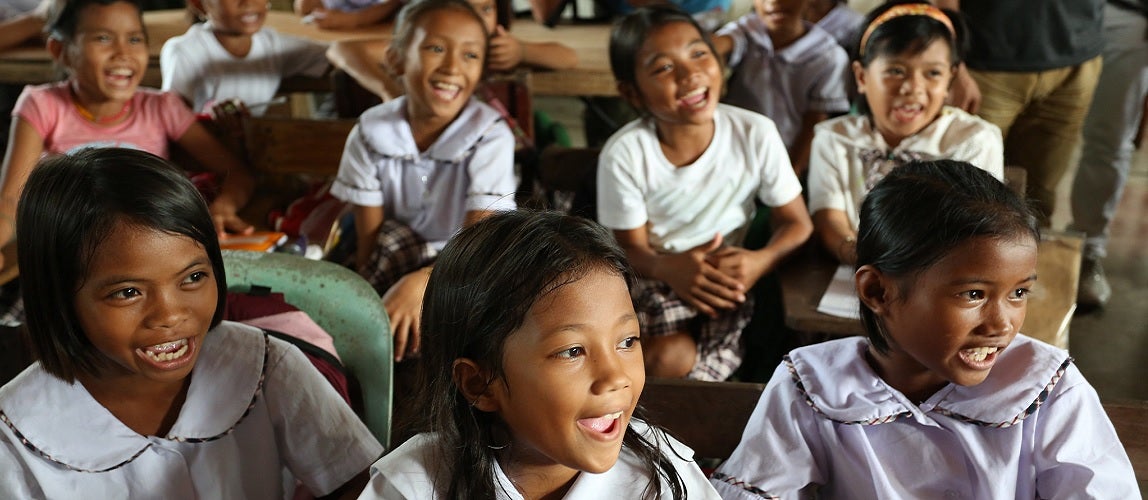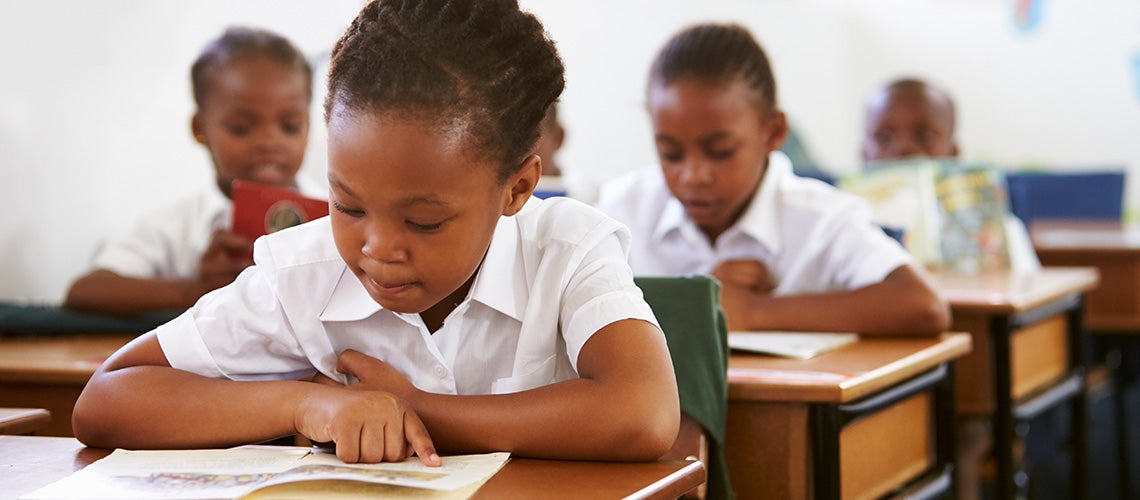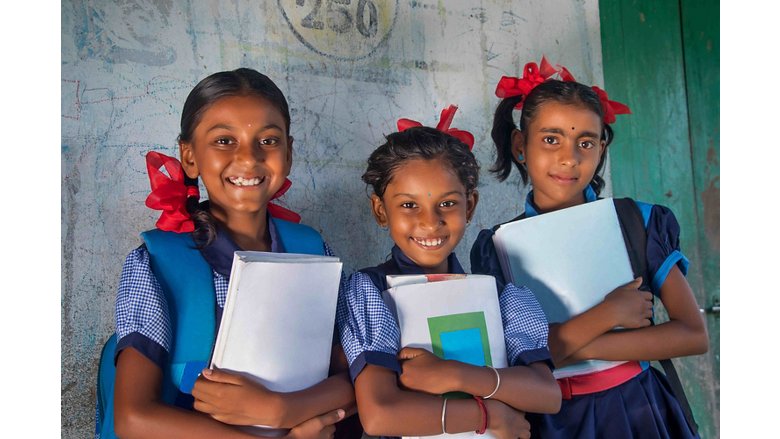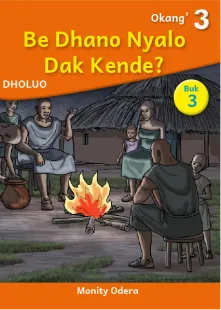What is foundational learning?
Foundational learning is basic literacy, numeracy, and transferable skills, that are the building blocks for a life of learning. Without foundational learning, students often fail to thrive later in school or when they join the workforce. They don’t acquire the human capital they need to power their careers and economies once they leave school, or the skills that will help them become engaged citizens and nurture healthy, prosperous families. Importantly, a lack of foundational literacy skills in the early grades can lead to intergenerational transmission of poverty and vulnerability.
Ending Learning Poverty
Nearly six-out-of-ten children globally are estimated to be affected by Learning Poverty. Learning Poverty is a concept that means being unable to read and understand a simple text by age 10. This measure of Learning Poverty was developed jointly by the World Bank and UNESCO's Institute of Statistics; measuring the gaps and severity of learning poverty helps the World Bank advise countries on strategy and policies to improve foundational learning and address the learning crisis.
Learning is in crisis
More than 70 million more people were pushed into poverty during the COVID pandemic, a billion children lost a year of school, and three years later the learning losses suffered have not been recouped.
Analysis has already revealed deep losses, with international reading scores declining from 2016 to 2021 by more than a year of schooling. These losses may translate to a 0.68 percentage point drop in global GDP growth. The staggering effects of school closures reach beyond learning. This generation of children could lose a combined total of US$21 trillion in lifetime earnings in present value or the equivalent of 17% of today’s global GDP – a sharp rise from the 2021 estimate of a US$17 trillion loss.
The World Bank is supporting countries to successfully tackle the learning and skills crisis
The Foundational Learning Compact (FLC) is a World Bank trust fund created to support country-specific and global efforts to pursue systemic and sustained improvements in education systems that lead to better learning outcomes. Since its inception in 2020, the Foundational Learning Compact (FLC) has been supporting countries to accelerate foundational learning and strengthen education systems for better learning outcomes.
Investing in the world’s most precious resource – people – is paramount to ending poverty on a livable planet. Building on this, the World Bank supports resilient, equitable, and inclusive education systems that ensure learning happens for everyone. We do this by generating and disseminating knowledge, financing evidence-based interventions and policy actions, and bridging the gap between research and practice. The World Bank is the largest external financier of education worldwide, with an active portfolio of about US$26 billion in 94 countries.
The necessary ingredients are clear. With enough political commitment, skilled teachers, the right pedagogy and classroom environment, and adequate implementation capacity, countries can deliver much stronger foundational learning and skills outcomes (in literacy, numeracy, socioemotional, and other skills), regardless of income level.
World Bank Partners
In 2020, the World Bank, Bill & Melinda Gates Foundation, FCDO, UNICEF, and USAID launched the Accelerator Program which coordinates efforts across the partners to ensure that the countries in the Program are showing improvements in foundational skills at scale over the next three to five years. The Accelerator Program acknowledges a global cohort of countries or sub-national entities that 1) demonstrate strong political and financial commitment to improved learning, 2) are willing to measure and monitor learning outcomes, and 3) have an investment plan to reduce learning poverty.
The World Bank is also working closely with UNICEF, UNESCO, FCDO, USAID, the Bill & Melinda Gates Foundation, and GPE as the Coalition for Foundational Learning to advocate and provide technical support to ensure foundational learning. The World Bank works with these partners to promote and endorse the Commitment to Action on Foundational Learning, a global network of countries committed to halving the global share of children unable to read and understand a simple text by age 10 by 2030.







